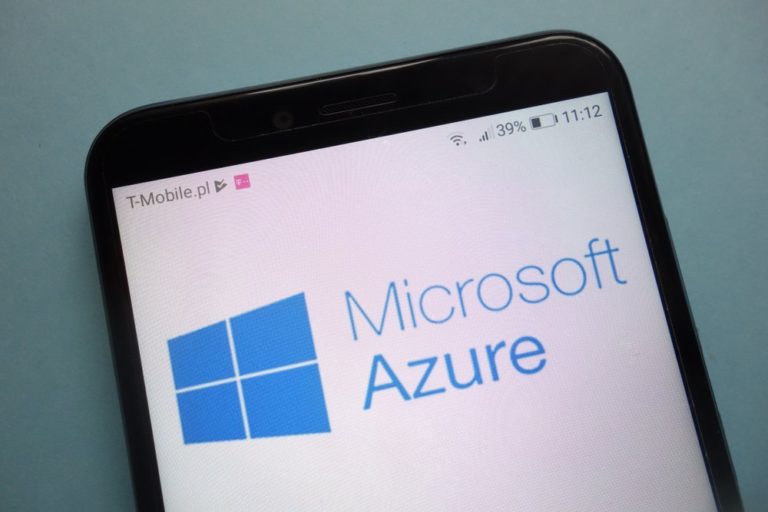Microsoft Azure gets new AI features. Problem detection is extended, but users can also access new image recognition algorithms.
Microsoft announces some updates for Azure Cognitive Services. They should give Azure a boost as an AI platform. First and foremost, the software giant introduces problem detection as an AI driven service. The Anomaly Detector is able to expose unusual patterns or unique points in your data. In this way, any problems must quickly emerge. The idea behind the use of AI is of course that trained algorithms are much better able to plough through enormous amounts of data in search of something that is not lint.
The detector is already used by more than 200 teams within Azure and other Microsoft products. An API makes it possible to easily integrate the detection capabilities into existing solutions. Microsoft itself gives some examples of use. For example, the Anomaly Detector can help detect fraud, monitor IoT environments and even analyse video footage, for example from customers, to quickly determine when someone needs to intervene.
Image Recognition
When it comes to image recognition, Microsoft also makes Custom Vision widely available. This is an automated machine learning solution that allows organizations to quickly start detecting objects in images. Developers can configure the tool to instantly search for content in images that are important to the user.
Models are supposed to be very flexible. After training in the cloud, you can export them and run them offline inference. Models trained with Custom Vision are compatible with CoreML in iOS and TensorFlow in Android. Microsoft continues to focus on use in edge-scenarios and even the Raspberry Pi 3 is supported.
Microsoft says it wants to develop Azure into the standard platform for developers who want to integrate AI in the applications they build. Of course, Redmond is not alone in this. The main competitors, Google and Amazon, are also betting strongly on AI.
This news article was automatically translated from Dutch to give Techzine.eu a head start. All news articles after September 1, 2019 are written in native English and NOT translated. All our background stories are written in native English as well. For more information read our launch article.